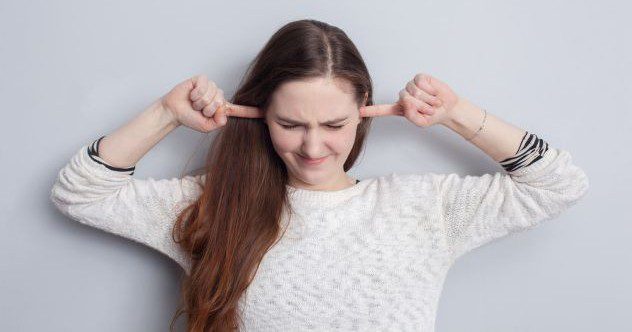Now Reading: 10 Notable Cases of Recent AI Hallucinations
-
01
10 Notable Cases of Recent AI Hallucinations
10 Notable Cases of Recent AI Hallucinations

Quick Summary:
- Jeremy Renner, recovering from a near-fatal snowplow accident in 2023, recalls hallucinations involving bedroom curtains adn imagined adventures with Jamie Foxx. The experiences are detailed in his memoir My Next Breath (2025).
- actress Lisa Rinna shared on her podcast how postpartum depression led to hallucinations compelling violent thoughts. Therapy and antidepressants helped her recover.
- In Canada, michael Adenyi fatally stabbed a woman during hallucinatory paranoia of bald-headed bears. His defense argues he should not be criminally liable due to mental health issues.
- A man in Malaysia set fire to multiple houses under the influence of methamphetamines after hearing voices commanding him to commit arson.
- Hallucinations were pivotal during EasyJet’s April 2025 flight diversion when a passenger reported imaginary snakes due to substance use.
- Nightmares and hallucinations may indicate autoimmune diseases like lupus; incorrect diagnoses can be avoided through awareness of specific symptoms.
- Drug-induced sexual hallucinations were reported by dental patients under sedation; such claims require thorough inquiry as actual instances of assault have occurred alongside delusions.
- Historical rock art by Aboriginal shamans may have been influenced by hallucinogenic plants like datura or mescal bean, confirmed through scientific chemical analysis at sites like Pinwheel Cave in California.
- Susan Root from essex endured musical auditory hallucination for years due to hearing loss-triggered tinnitus-provided relief methods remain limited.
Indian Opinion Analysis:
Hallucinations across diverse contexts-medical recovery, substance use, mental health disorders-showcase their profound impact on human behavior and decision-making. From Jeremy Renner’s reflections post-trauma to judicial implications regarding Adenyi’s trial citing diminished culpability due to mental illness, these cases highlight the critical need for accessible psychological support systems globally. For India specifically, rising awareness around postpartum depression or drug-induced psychoses becomes increasingly essential as urbanization accelerates lifestyle challenges.
Historical findings tying indigenous creativity with mind-altering substances might inspire deeper exploration into India’s own cultural heritage tied with medicinal plants-a interesting interdisciplinary research chance blending anthropology and pharmacology.
Advance efforts are imperative in addressing conditions like tinnitus-driven auditory illusions or autoimmune triggers amidst evolving healthcare accessibility standards critical within india’s vast demographic landscape.
























